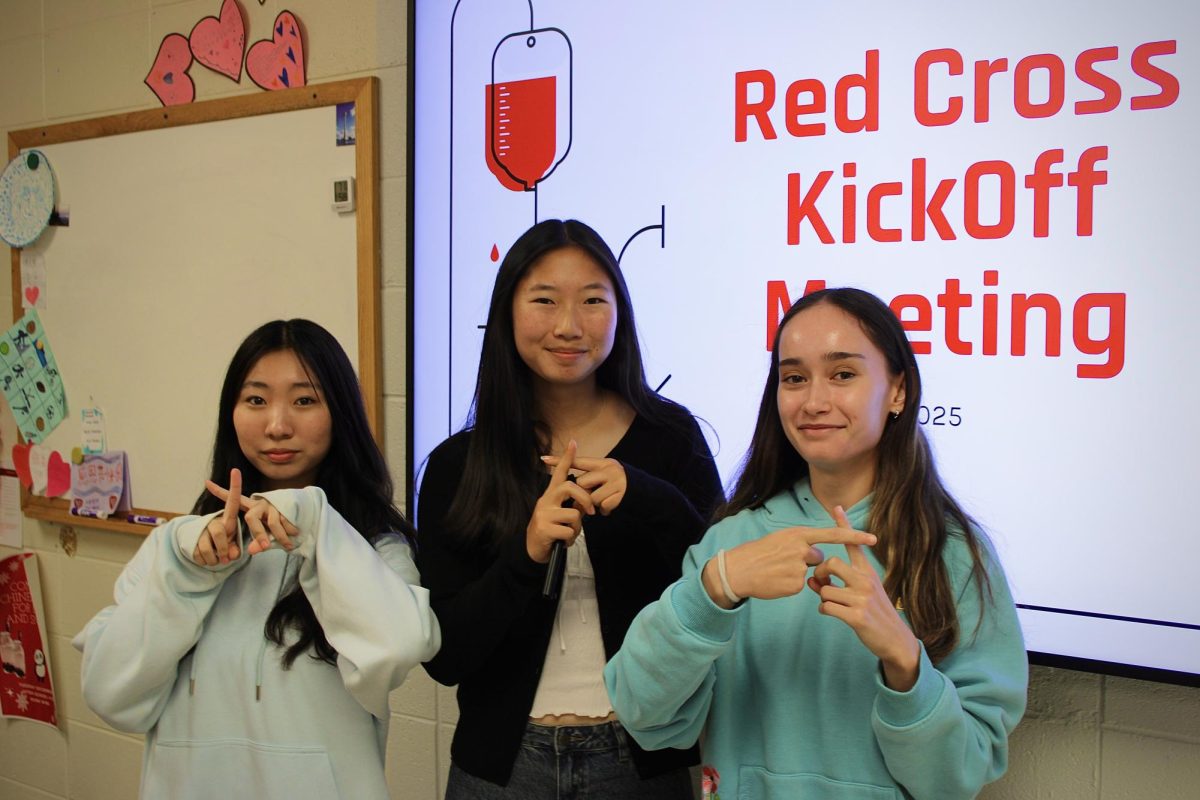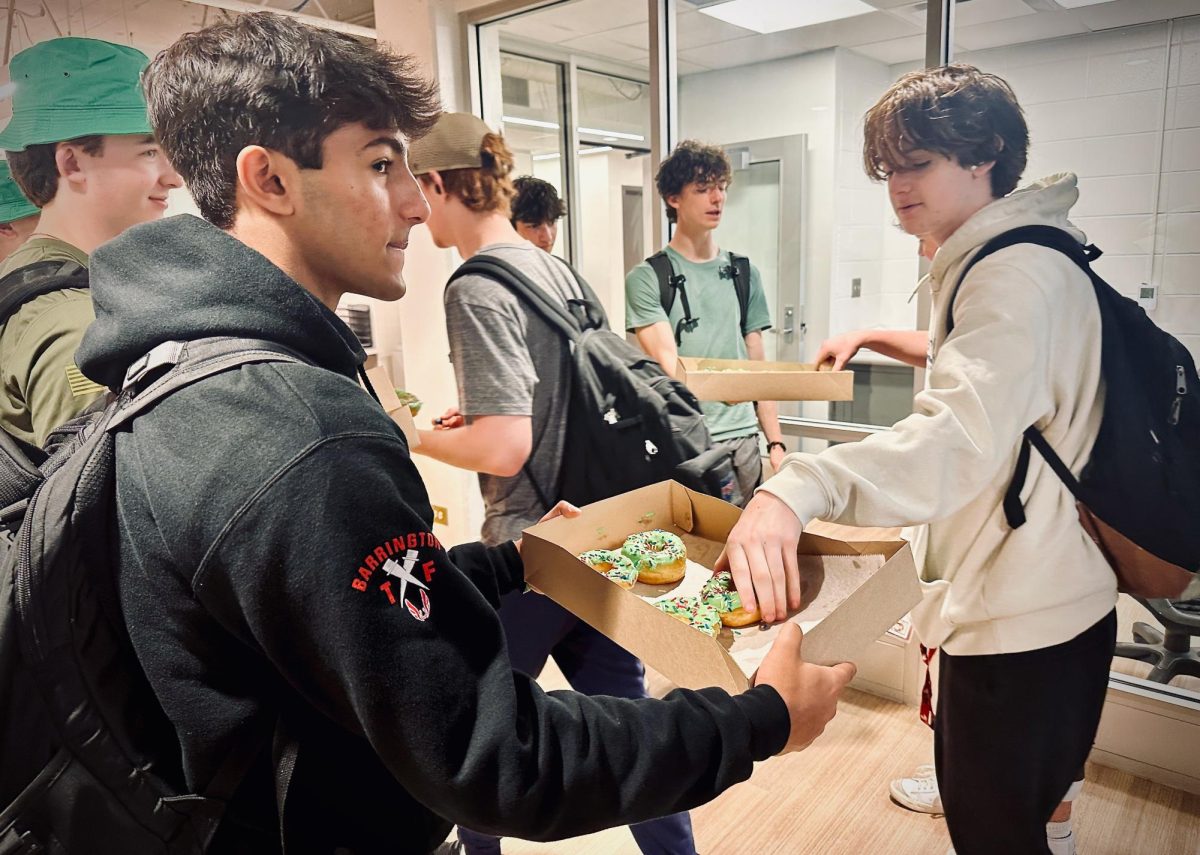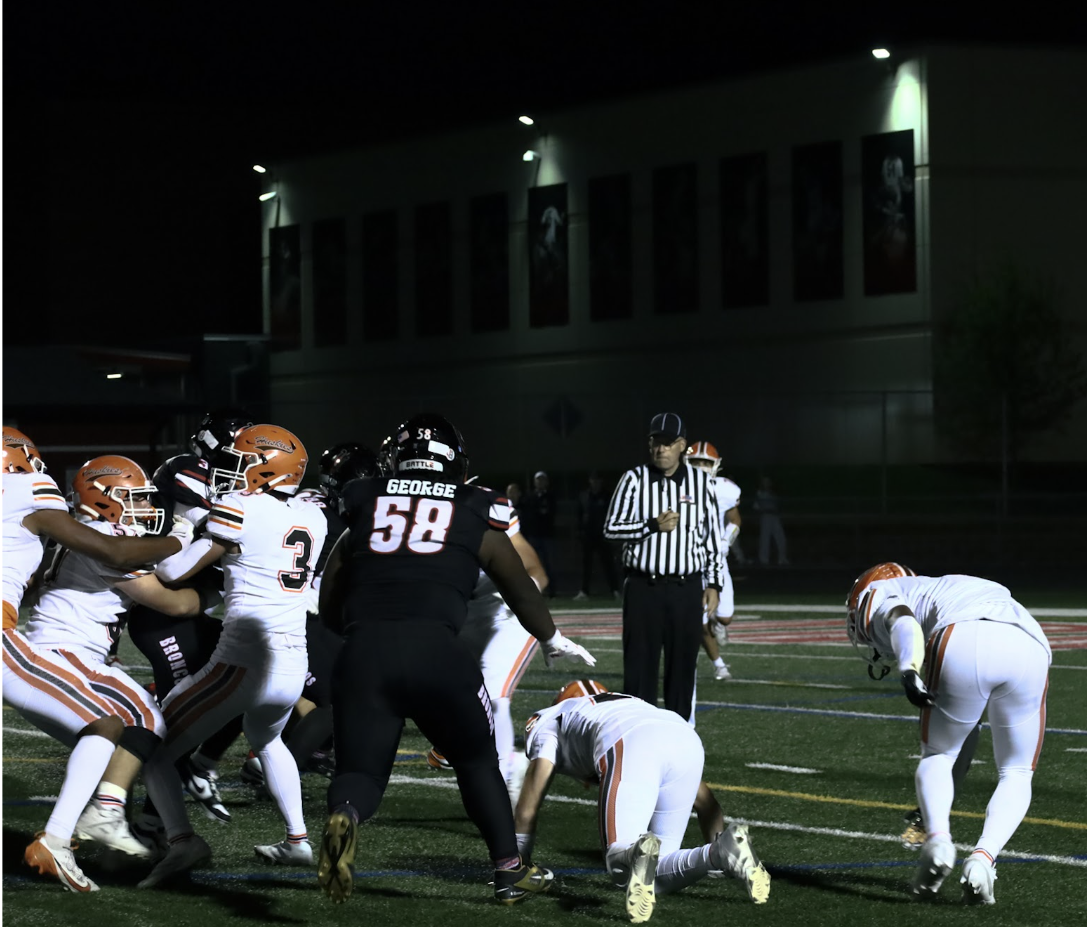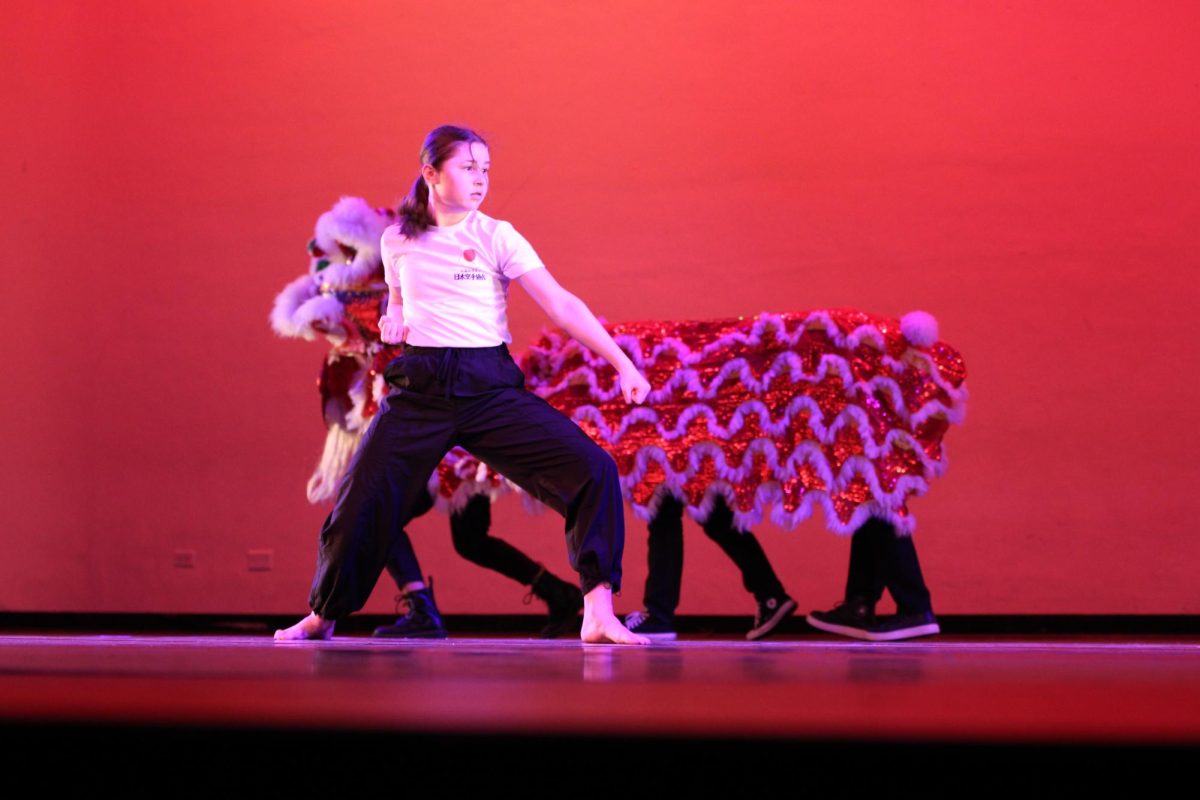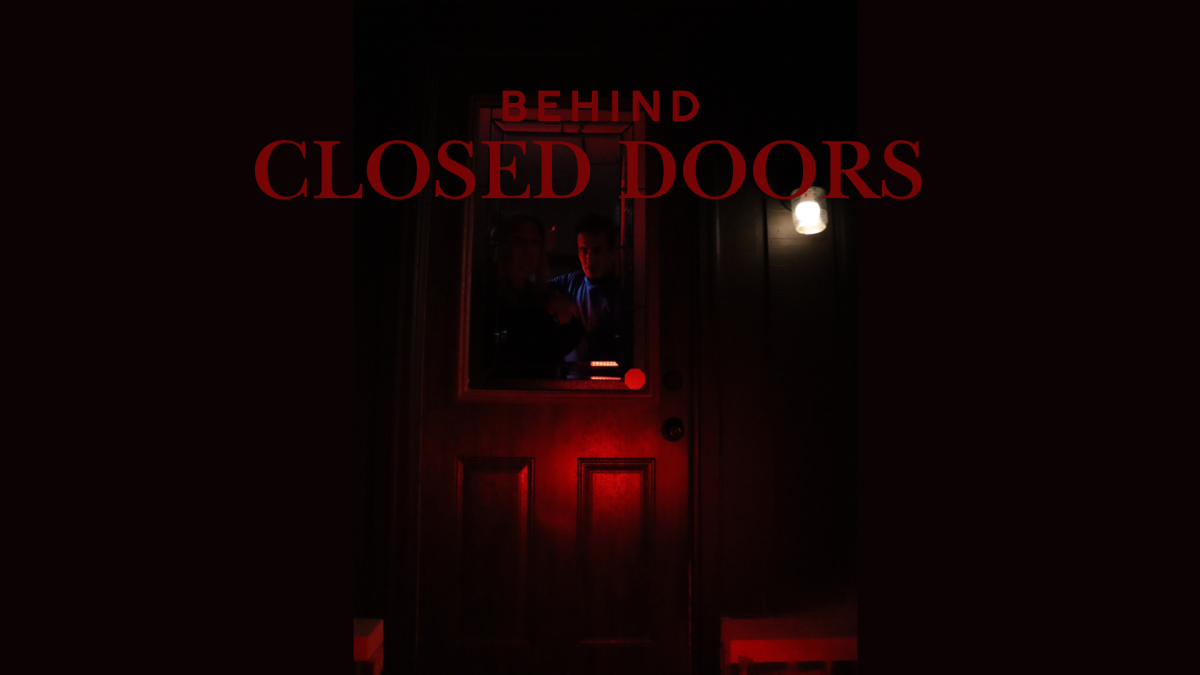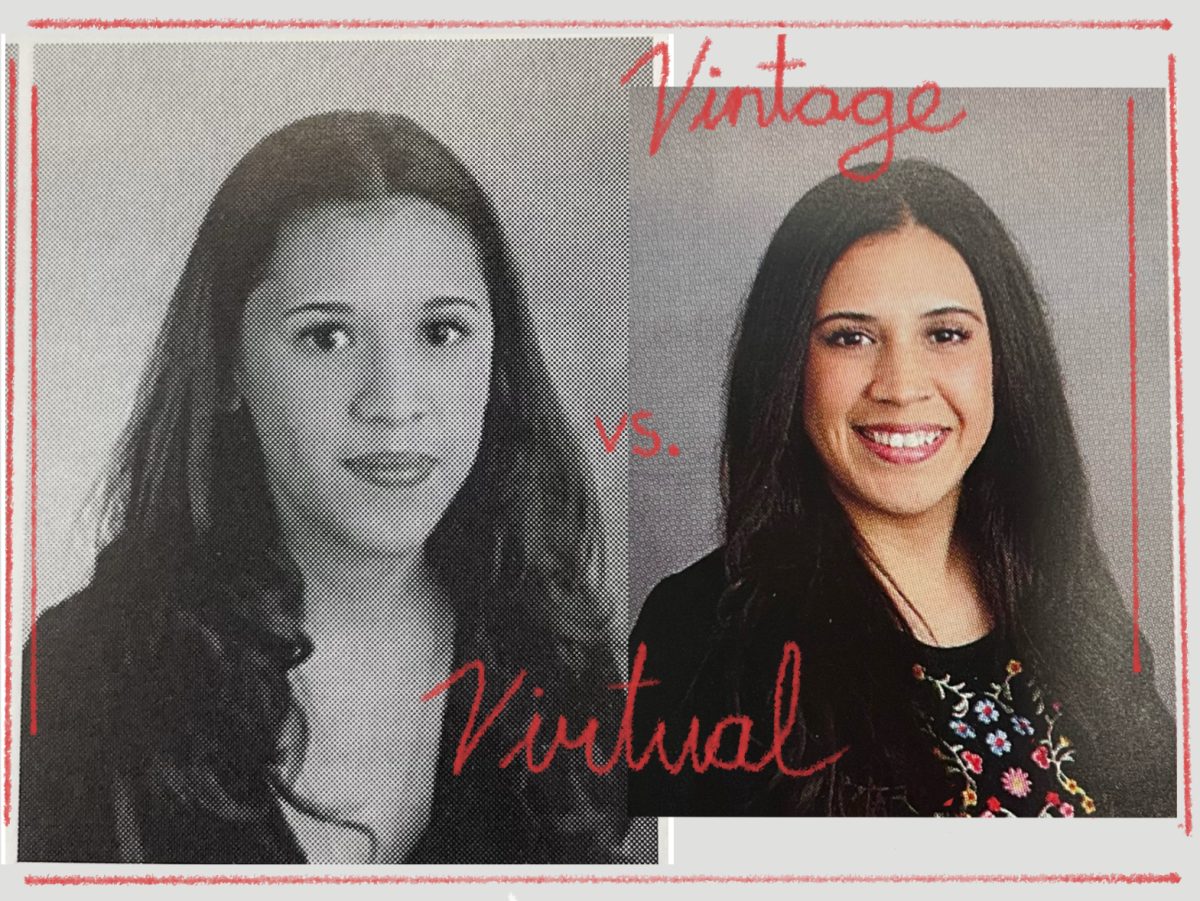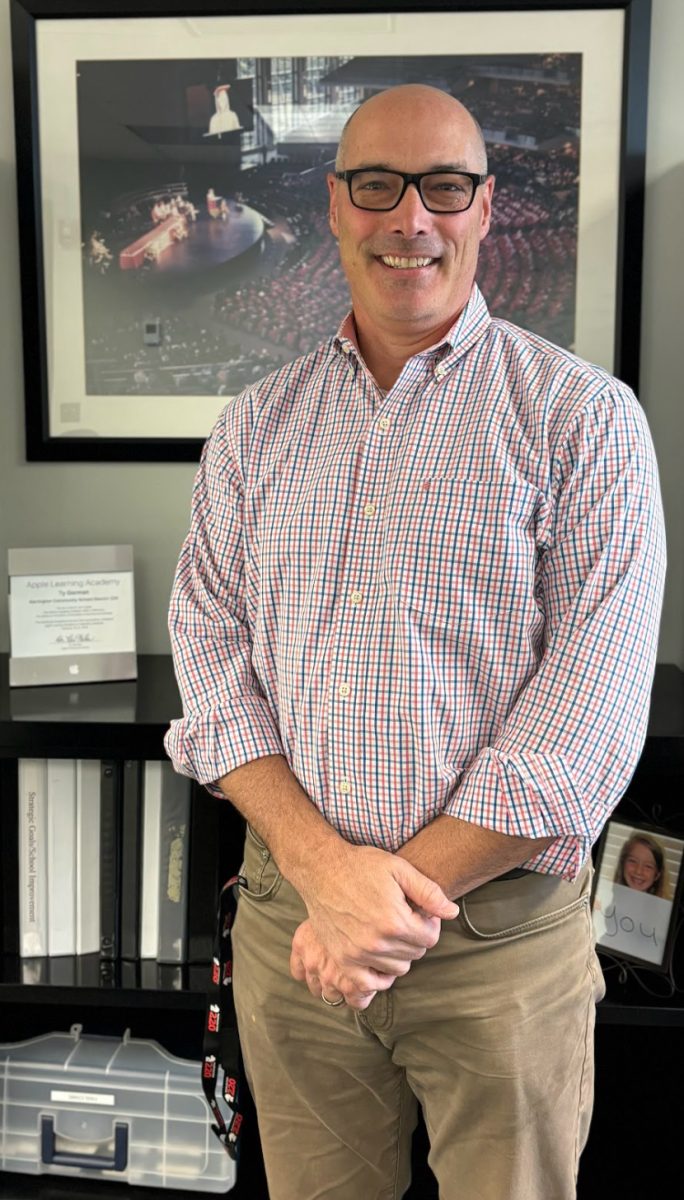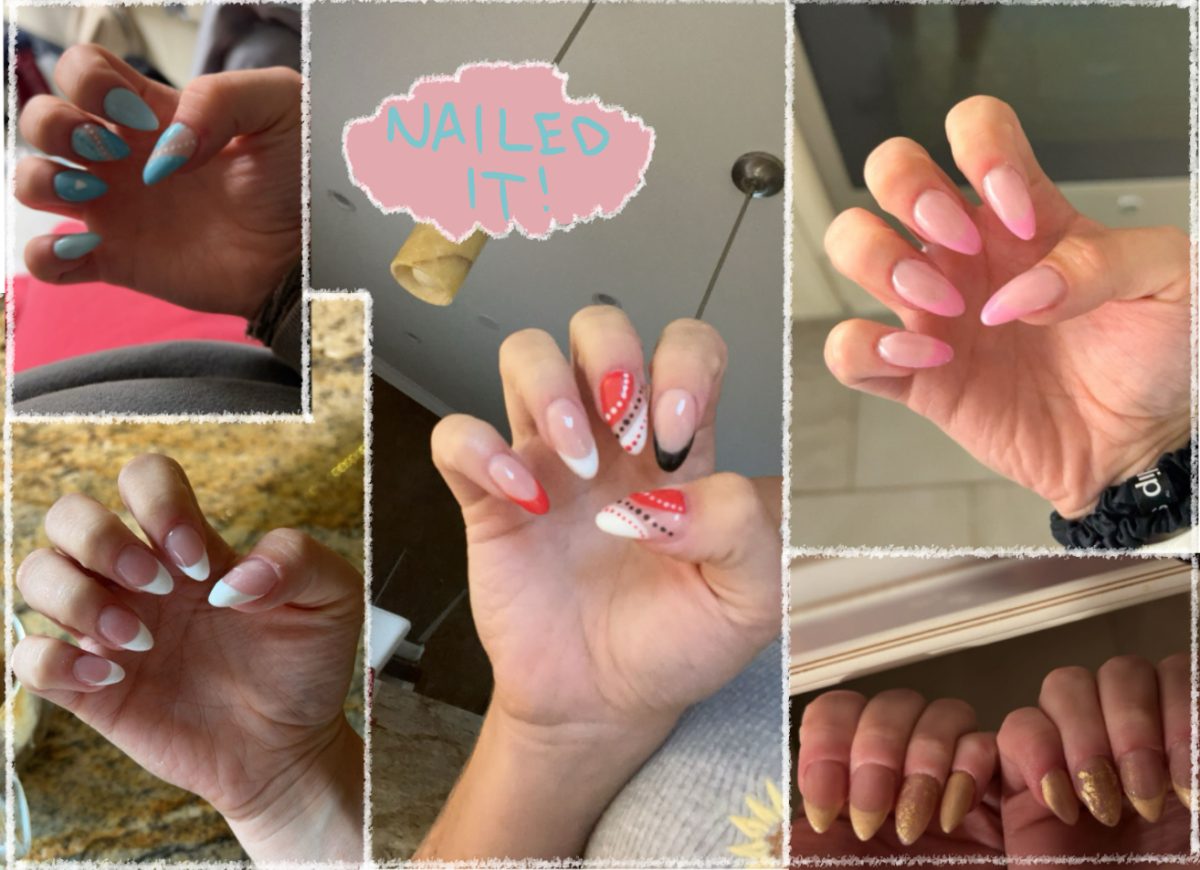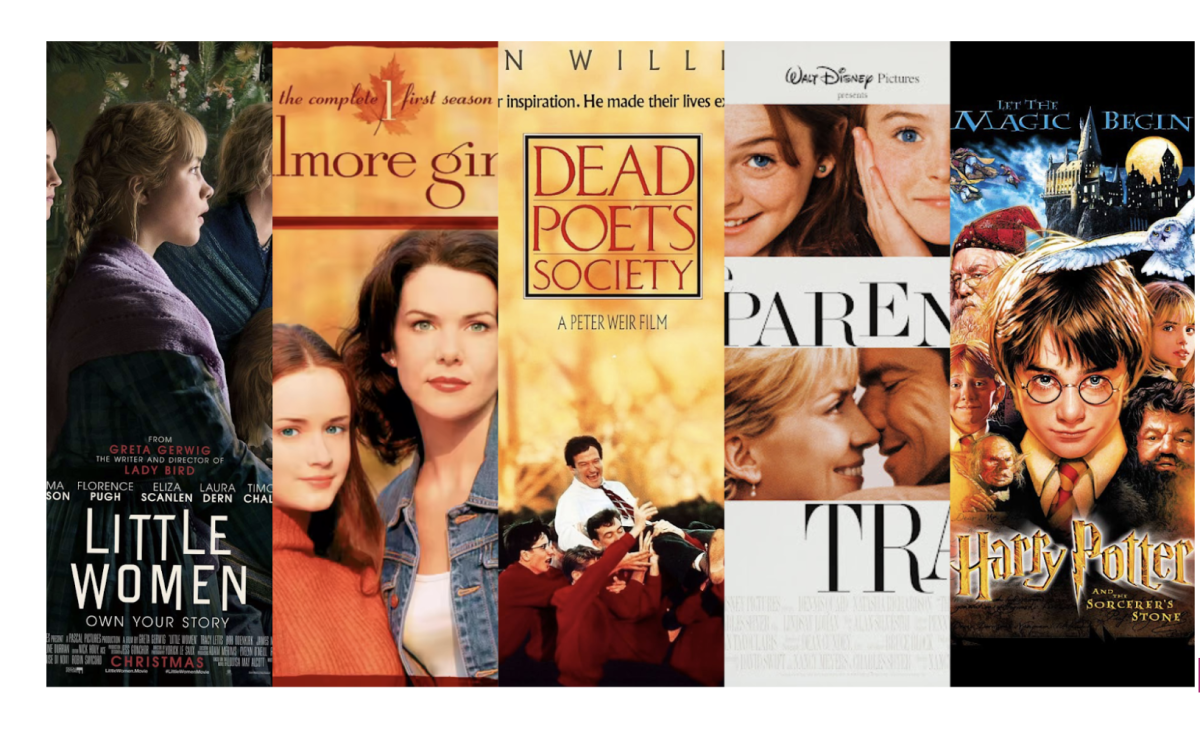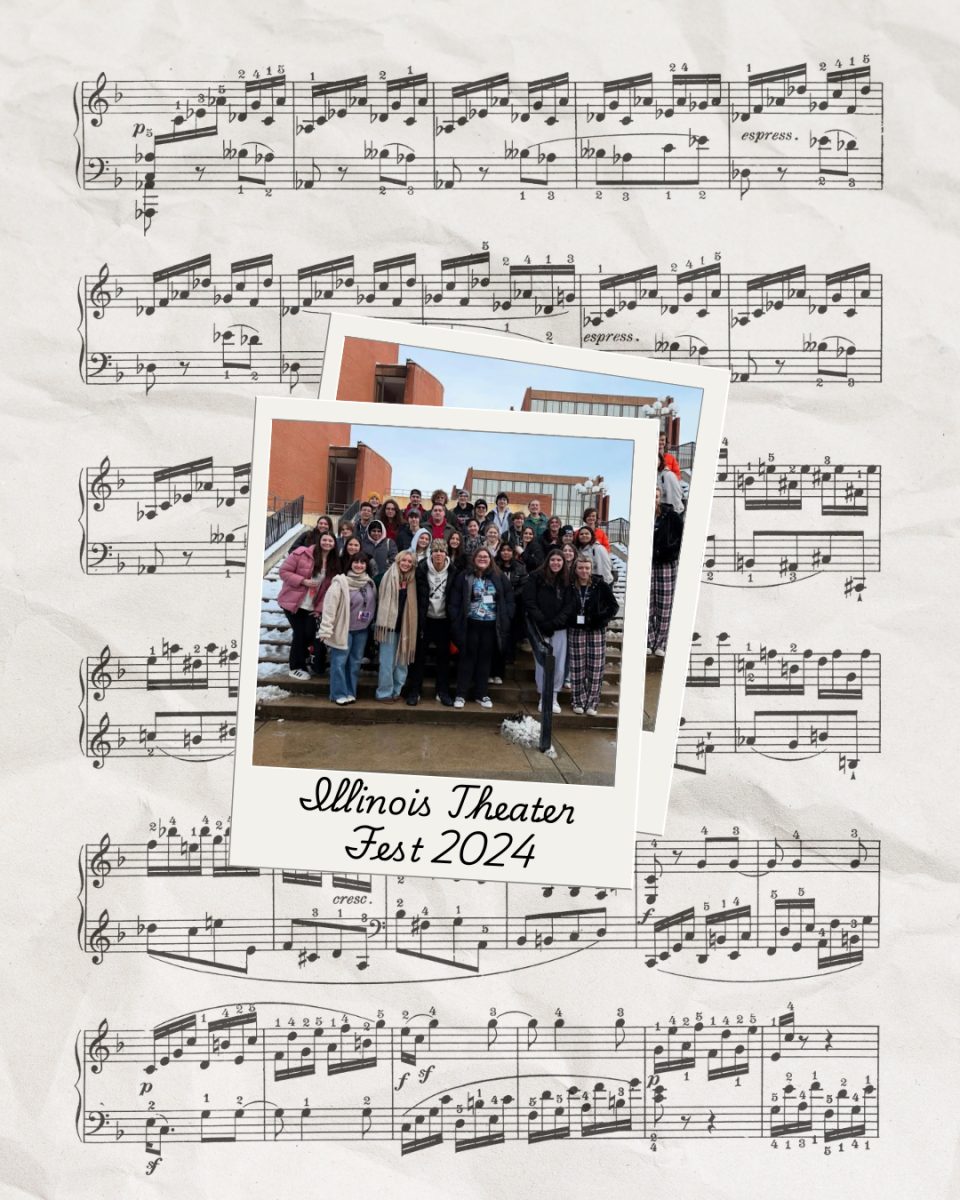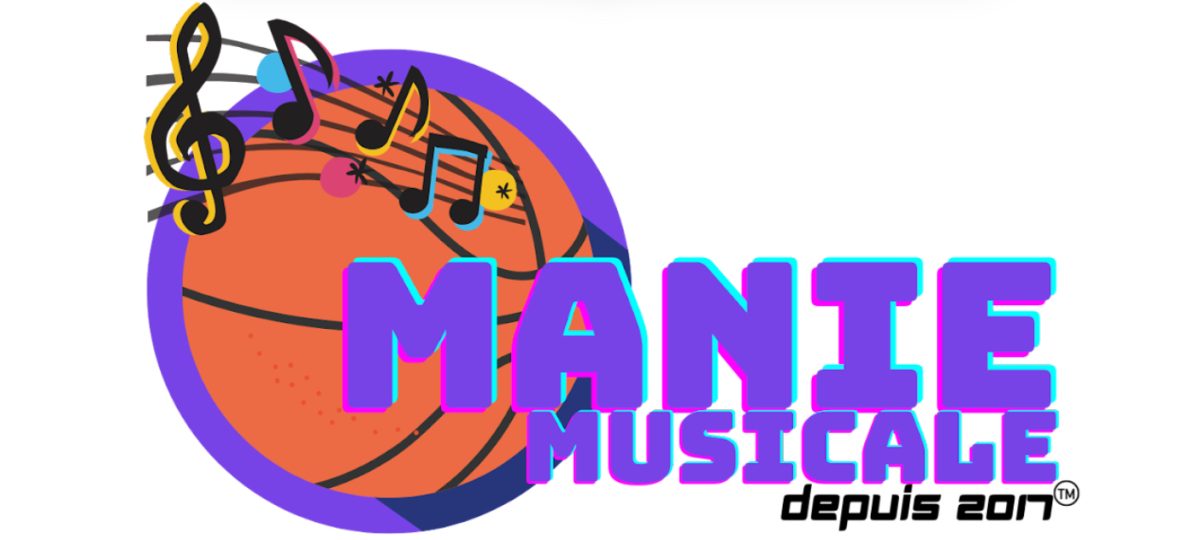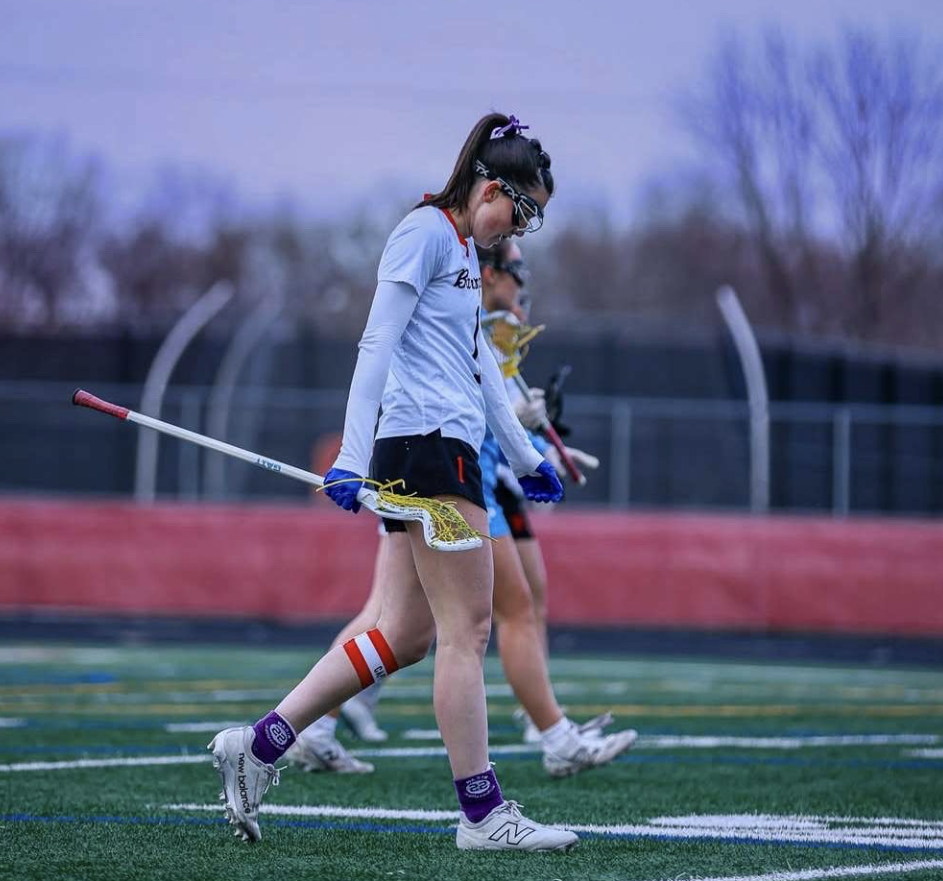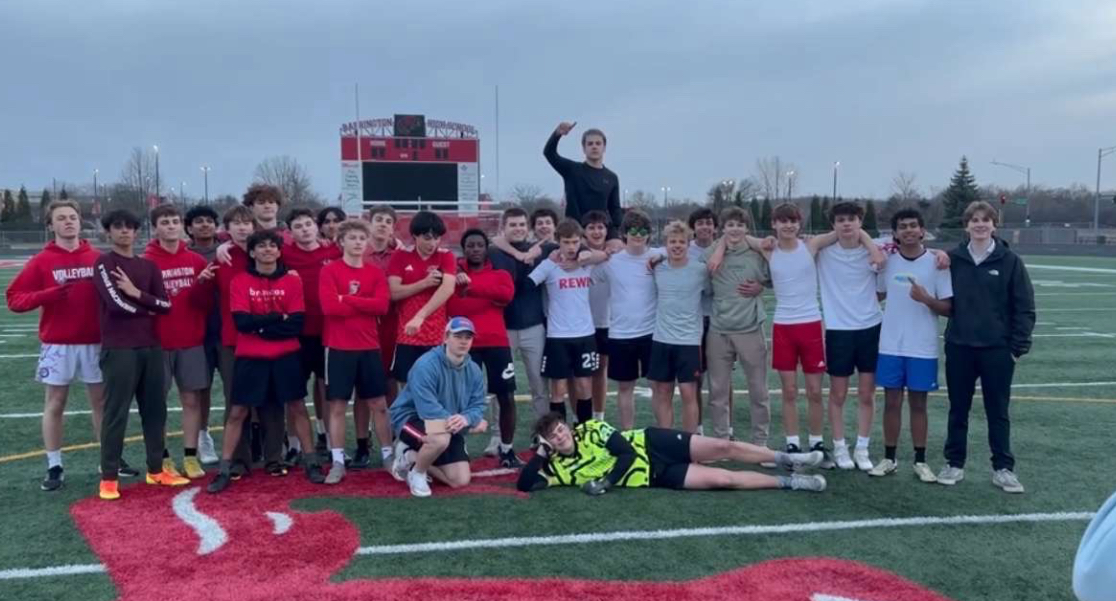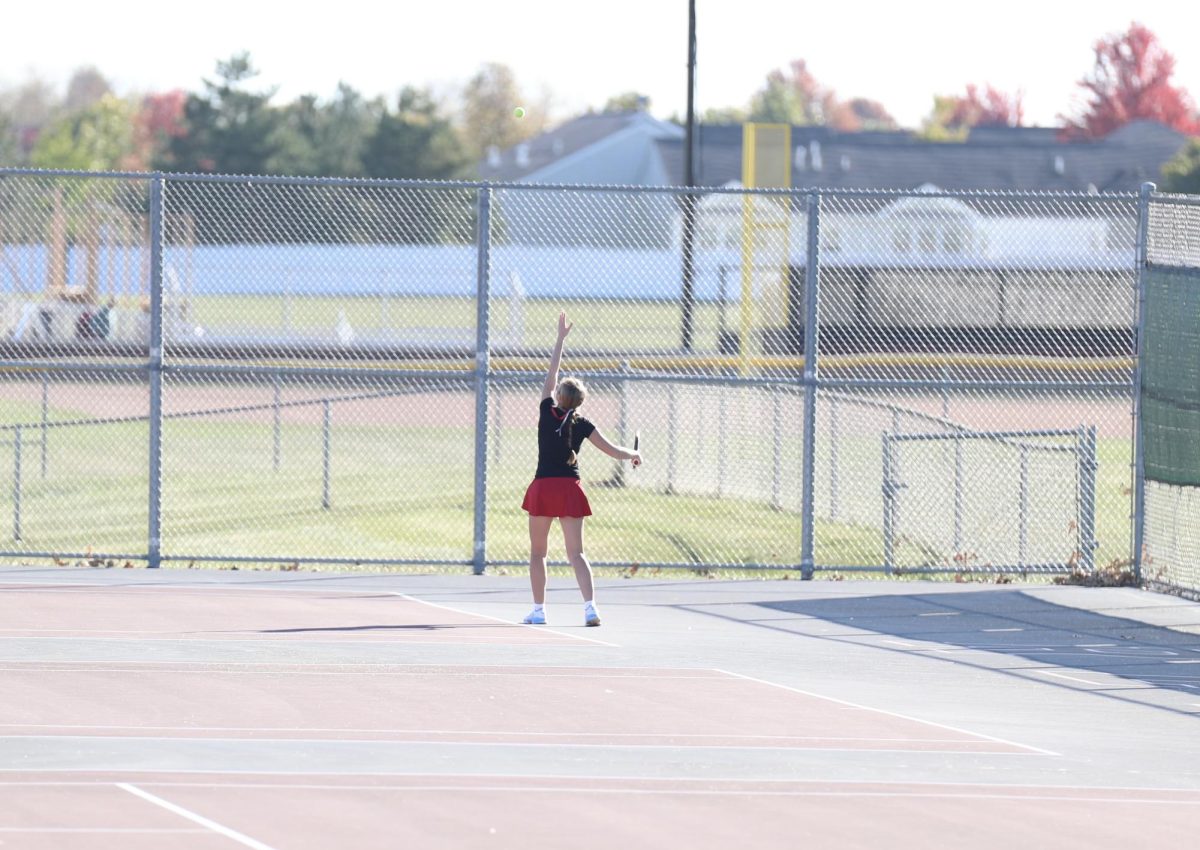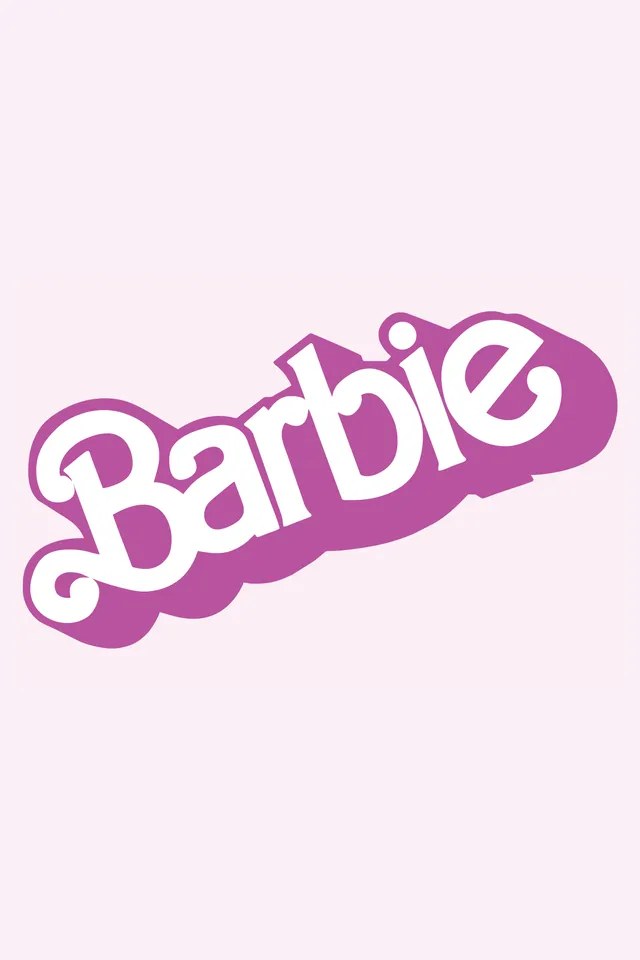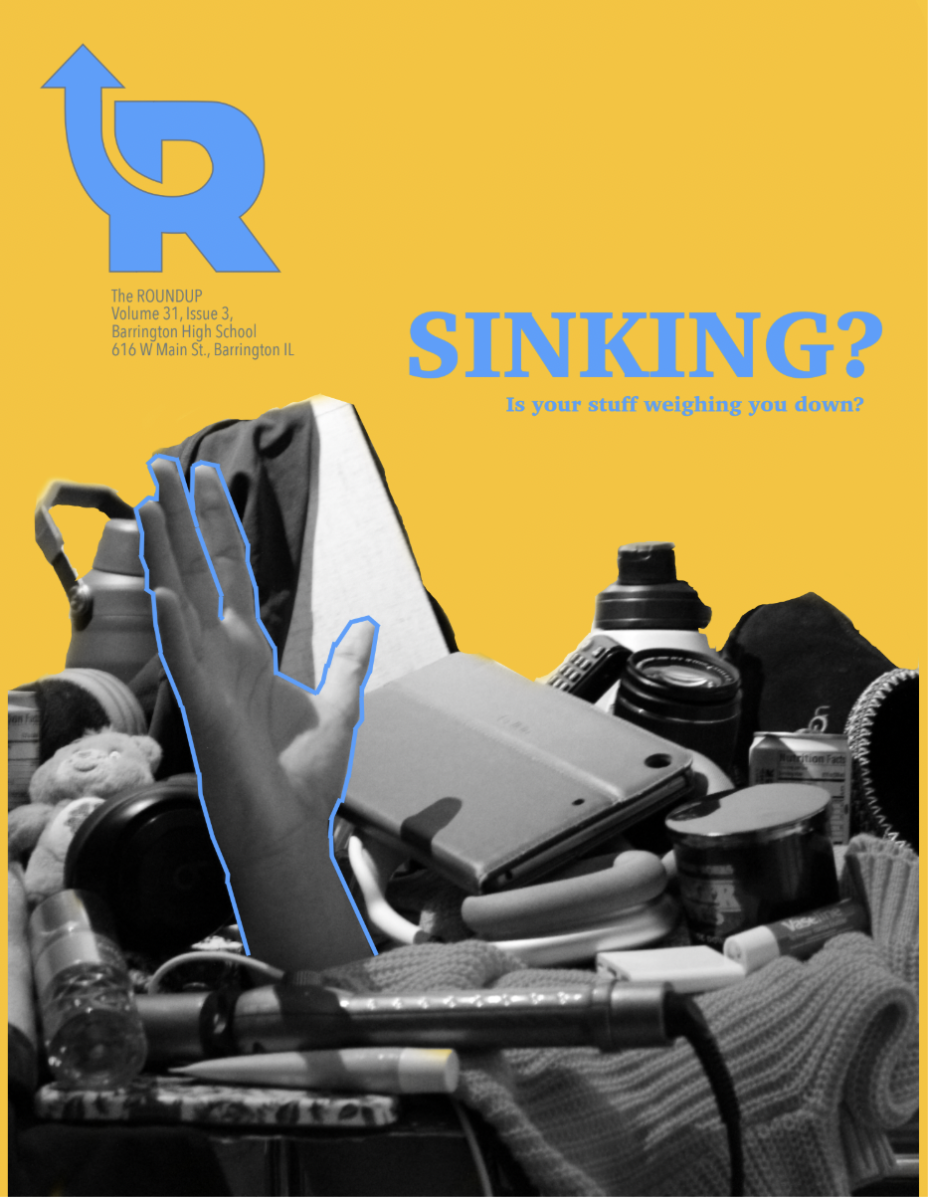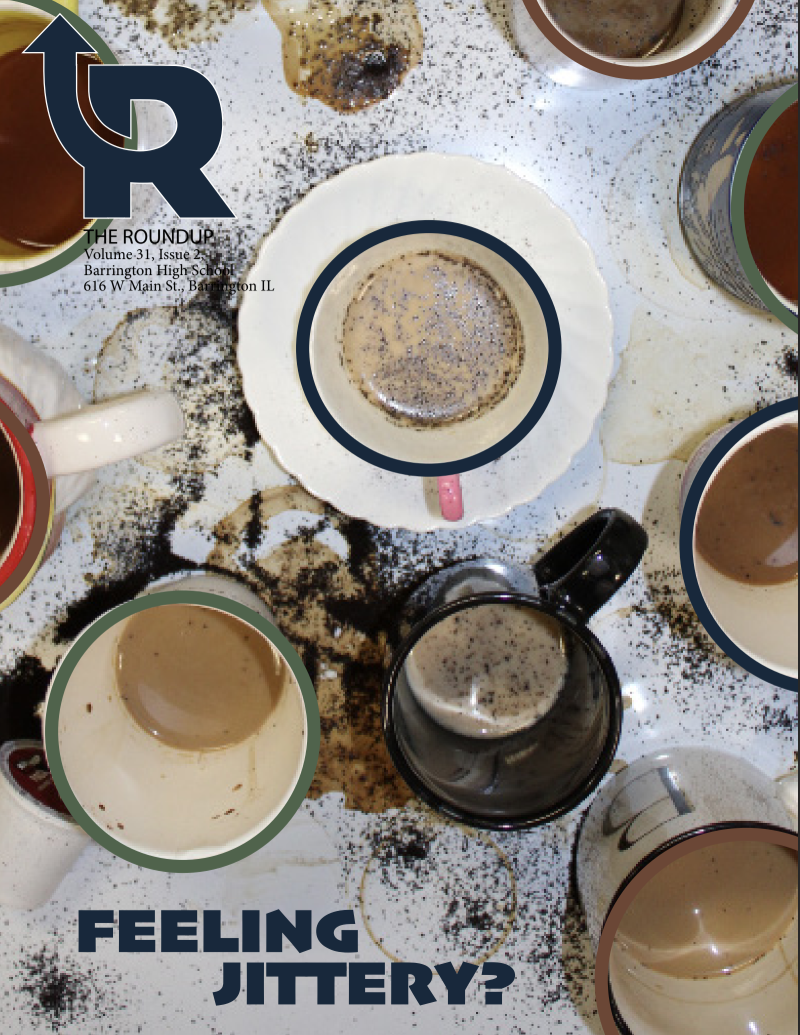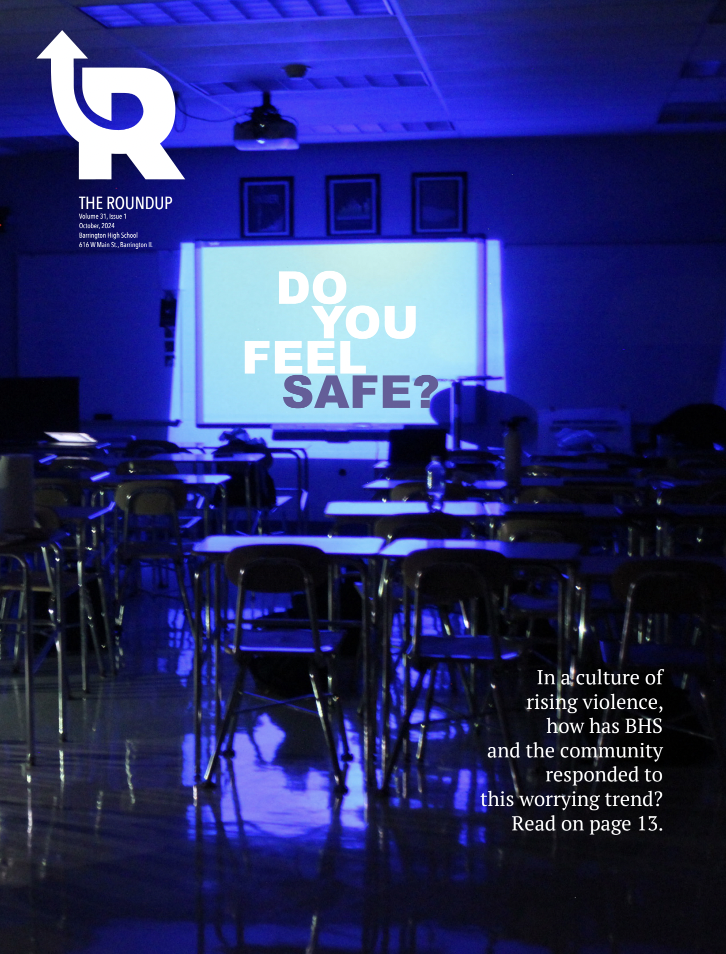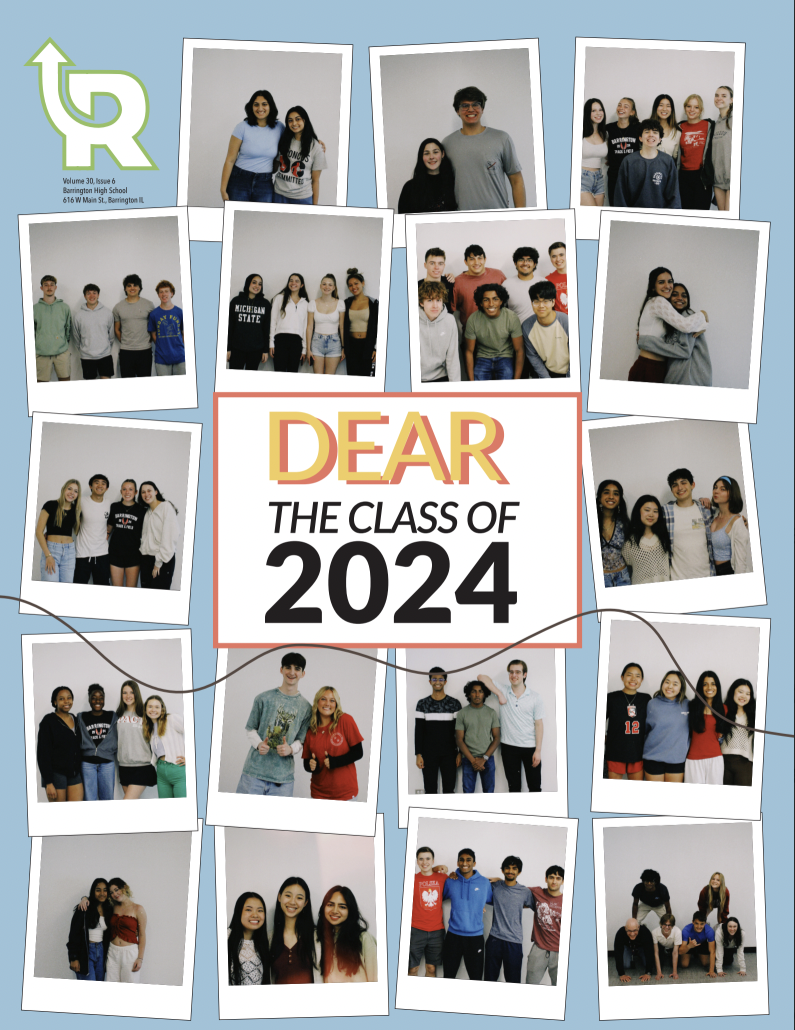From student to sub

Published October 10, 2018
Q and A with Jonathan Burrell on his experience as Ms. Cherry’s long-term substitute, coming full-circle at BHS, and academic pressure.
Tell me a little about yourself! What’s your background?
“I grew up in Hoffman Estates Illinois and moved to Barrington in fifth grade, in 2004. Went to the Barrington School District and in high school, I started with Honors Geometry and worked my way through the honors track: Algebra II Trig, Accelerated Pre-Calc, and Calculus BC, which I had Ms. Cherry for. In college, I went on to get my Bachelor’s of Science in Mathematics and beyond that, did my Master’s in secondary education.”
How does your experience at Barrington now compare to how it was like when you went here?
“My experience was a whole lot different. There wasn’t a lot of retake policy stuff, everything was- we did notes on the board, went home, did homework and did that all over again. There weren’t any Smartboards. Nothing online, so no posted notes, no posted syllabus. We had to keep all of that in a binder in our backpack. There was no drop policy, either, so whatever grade you got is what you kept. It had an effect on me that everything I did had to be up to par and if it wasn’t then it kind of hurt you a little bit.”
Because you were also a student of Ms. Cherry’s, what was it like stepping in as her long-term substitute?
“When I had Ms. Cherry, she had a very interesting style of teaching that I wasn’t used to at the time. So entering this classroom, rather than doing what I’m used to and what I had to do. After a while, it got tiring, because I couldn’t fill her shoes the way I thought I would. It kind of pushed me back but it also gave me the opportunity to grow into the teacher I wanted to be.”
What do you enjoy most about teaching?
“The personality that people bring to the class. When I was in school, it was usually very quiet, so having it be more open where students can talk to each other, it kind of brings out what they like and what they enjoy and I get to hear more about what they’re interested in, versus just silence in the entire room. In math, it’s really hard to work on something by yourself, so being able to bounce ideas off of other students, getting their input, seeing what they’re doing, helps cultivate your own knowledge and understanding of the concepts.”

